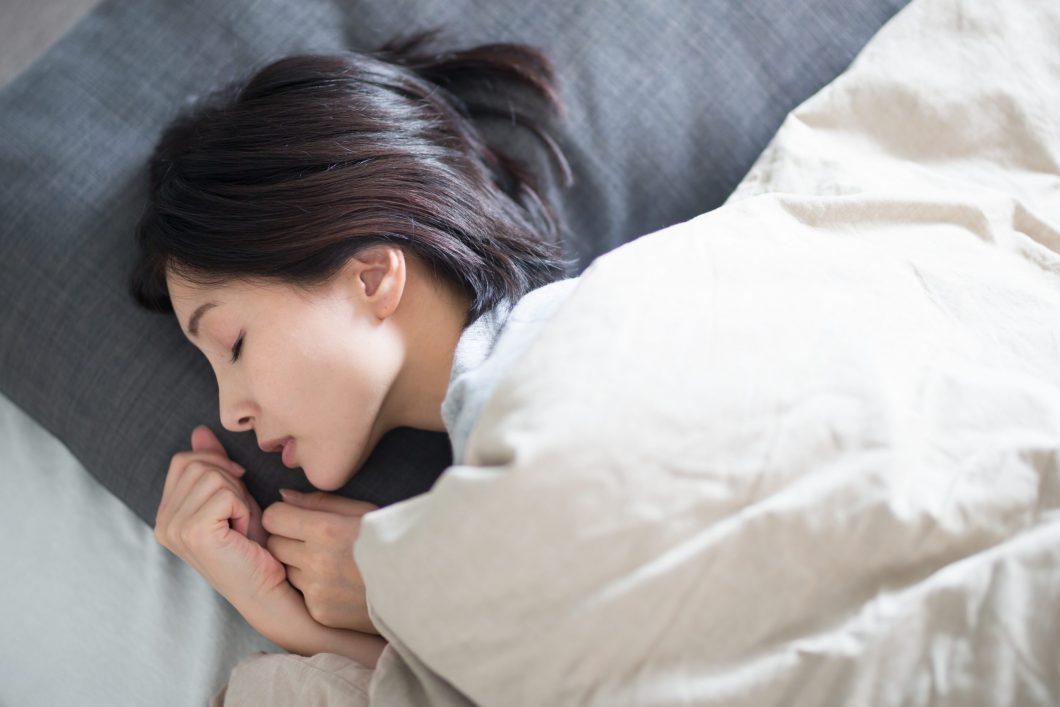
Recent Posts
The Importance of Sleeping Well Did you know that about one-third of your time should […]
Most people know that sleep is crucial for good mental and physical health. A multitude […]
(Just in Time for the Holidays!) The average person spends over 2,000 hours a year […]
Sleep Well to Study Well What Happens to Your Brain When You’re Sleeping Scientists and […]